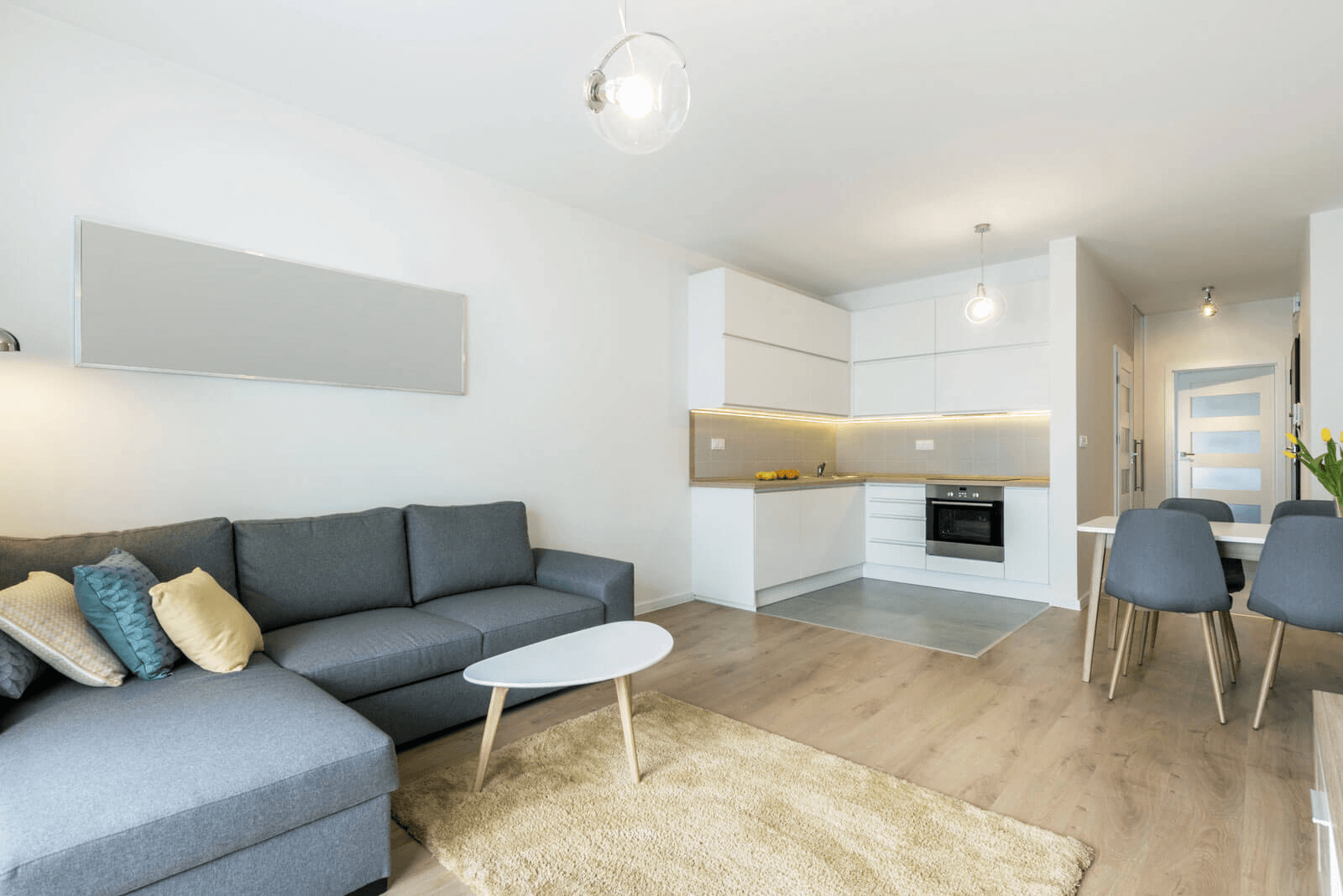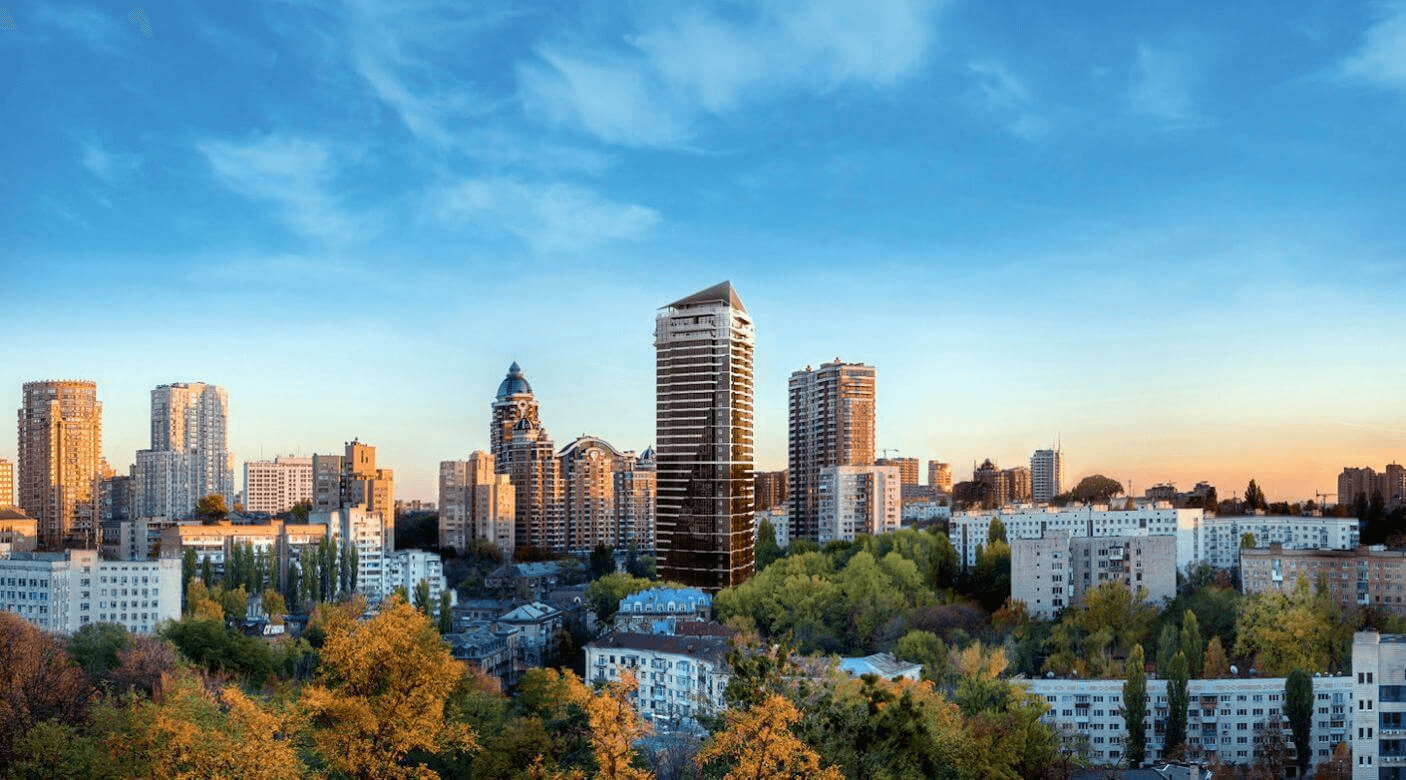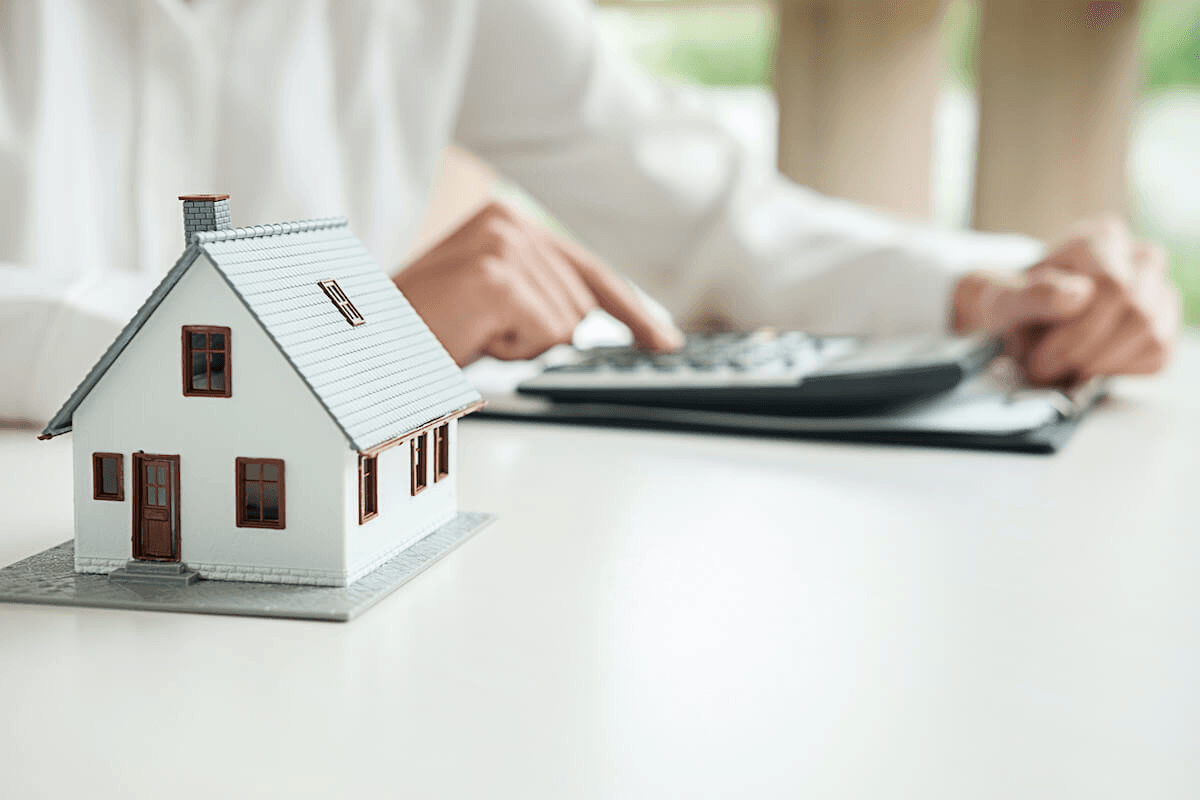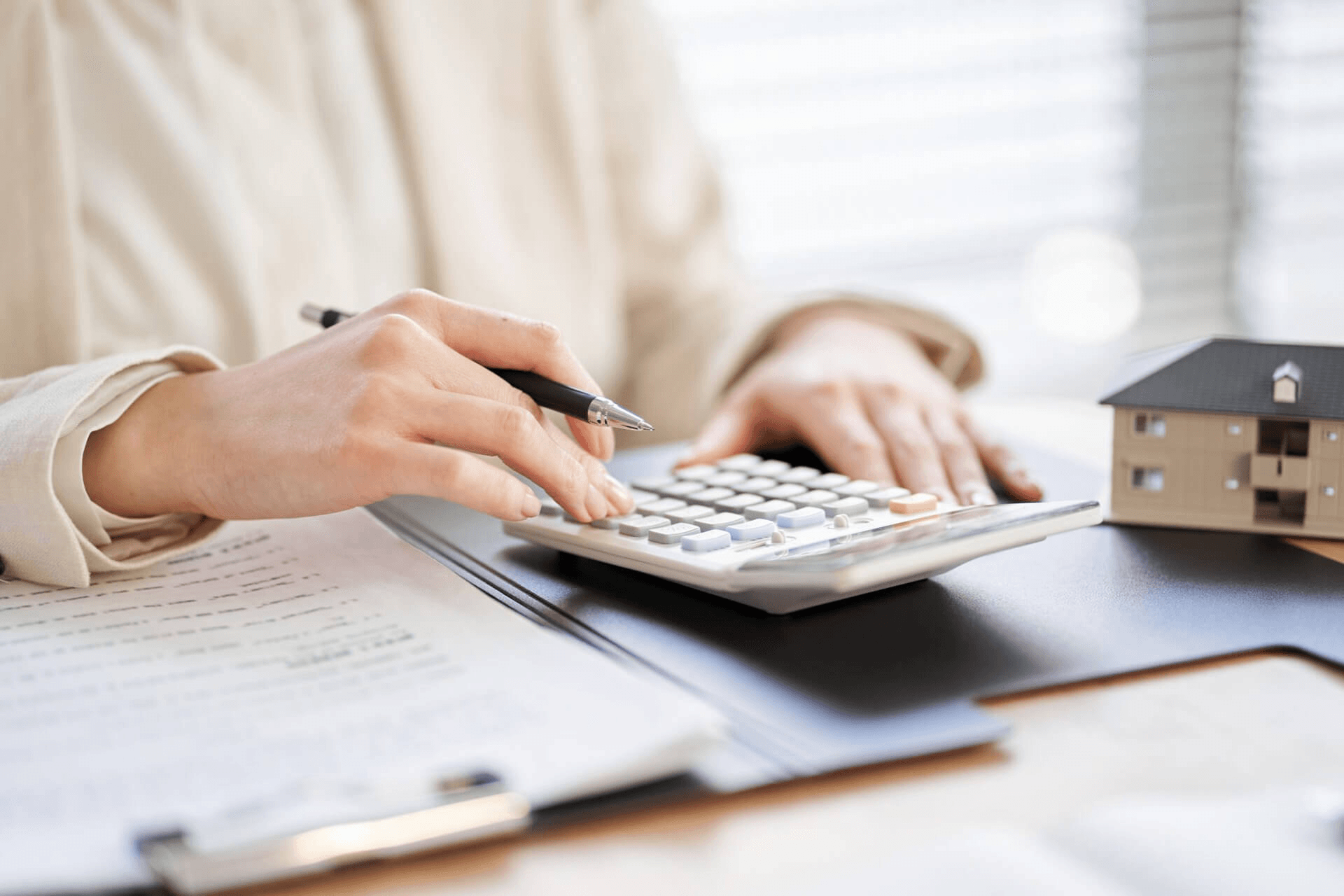What you need to know about apartments


An apartment is not a flat, although many mistakenly consider these concepts to be equivalent. In the primary market of Ukraine, more and more often you can find offers for the sale of apartments. Who is suitable for such a property, what are its advantages and how it differs from an ordinary apartment. Find out all about difference between flat and apartment.
How is an apartment different from a flat?
Despite the fact that apartments are considered non-residential premises, outwardly they are no different from an ordinary flat and you can also live in them. Such real estate is also located in high-rise buildings. Inside the apartments there is a hall, a kitchen, one or more living rooms, a bathroom, a balcony or a loggia.
The main difference between an apartment and a flat is the legal status of the building where this property is located. If flats are located in ordinary residential buildings, then apartments can be located in a hotel, in an industrial building, in an office center, in a retreats, etc. Apartments may not occupy the entire building, but only part of it or several floors.
Apartments are for temporary use and cannot be owned, so they are often compared to hotel rooms. Living in this type of housing does not give the right to privatize it.
Another difference is a more favorable cost compared to a flat. The purchase price of apartments is 15–20% lower, as the building requirements are lower.
Why are apartment complexes being built?
There are quite a lot of restrictions for building a residential building: you can’t just choose any land plot and start building an apartment complex. In the case of complexes that provide apartments, not flats, there are no such restrictions. These residential complexes can be built on the seashore, in a recreational area, in the historical center of the city. The building will receive the status of a hotel, sanatorium, tourist complex.
Developers choose to build apartment complexes due to the fact that it is easier to obtain permission for this construction. In addition, non-residential buildings do not have such strict requirements for sound insulation, ceiling height, etc. This reduces the cost of housing and allows it to be sold at a bargain price.
Is it possible to register in the apartments
The standard registration procedure in the apartments cannot be carried out. Depending on the complex, the tenant may be refused registration, but sometimes they may agree to register it for a limited period, for example, for 3-5 years.
The inability to register in the purchased housing in some cases can cause inconvenience. The owner of such real estate will not be able to put the child on the waiting list for a kindergarten at the place of residence, apply for a priority place in the list to the nearest school, or vote in elections in his area. Although for many buyers, such disadvantages are not significant.
Advantages and disadvantages of apartments
The advantages and disadvantages of apartment complexes have to be considered individually, since each project has its own characteristics. In one residential complex with apartments, the developer decides to save on everything – and it will have a narrow entrance for cars, a small parking lot and a minimum of amenities. Another new building will provide a spacious area for residents to relax, a swimming pool, parking and other benefits. But in general, the following pros and cons of the apartments can be distinguished.
Advantages of the apartments:
this is a universal property – such a living space can become an apartment for a family, or it can be an office for a small company;
apartments are quite popular with tenants, so they can be bought for further leasing both by the day and by the month, and the service company, and not the owner himself, can handle the entire rental process;
an expanded list of amenities – often in a new building with apartments there are such advantages as a gym, a swimming pool, its own delivery service, security, a concierge in the lobby, a barbecue area, etc .;
good location – the developer can build an apartment complex on the banks of a river, lake, sea, in a historical area or in a recreational area, which makes it possible to live in a beautiful and ecologically clean area;
cost per square meter – in apartments, the cost of 1 m² is often more profitable than in flats, since there are fewer requirements for the construction of a building, which means that the developer can reduce costs;
the presence of a managing company – in a residential complex with apartments there is always a service company that can be entrusted with renting out housing, cleaning the apartment and other tasks.
Disadvantages of the apartments:
since the apartments are used not only as residential, but also as office real estate, next to your “apartment” there may be a courtyard of visitors or employees who come to the office located next door;
if the neighboring apartments are rented out, the neighbors will constantly change and it will be impossible to understand whether these are strangers walking in your house or those who live here;
tenants cannot enter into contracts with utility providers directly, as this is handled by the service company. Because of this, not only is it impossible to choose a provider that suits you personally, but the service costs are higher;
in a house with apartments it is impossible to organize condominiums or change the management company;
when buying a home in an apartment complex at the construction stage, the investor has higher risks, so you need to carefully check the documents of the construction company before concluding a deal;
real estate tax when owning an apartment is higher than in the case of owning a regular flat;
you cannot register in the apartments, and if you can, then only for a short time.
The listed shortcomings may not seem so significant for one buyer, while for another investor they will be significant, and he will make a choice in favor of an flat. Everything is individual, you need to look at your situation: the purpose of the purchase, budget and other nuances.
Apartments. Who is it good for?
Apartments are often bought for the purpose of investment. This property is great for short or long term rentals. If the apart complex is located on the seashore or in the historical center of the city, the apartments can be profitably rented out by the day to tourists and make money on it. The presence of a service company also contributes to such a business: you can make a minimum of effort and still make good money.
If the issue of registration does not matter to the buyer, for example, he is registered in the flatt of his parents, he can buy apartments for permanent residence. Life in such a house can be much more comfortable than in a regular residential complex.
The apartments are also suitable for those who are looking for an office for their company. A good location, a service company, a favorable purchase price are the advantages for organizing an office in an apart-complex. In some buildings, residential and office parts are separated, so employees and residents will not interfere with each other.
In general, apartments are most often chosen by young buyers or middle-aged people, both for living and for renting out.
How much is the maintenance and upkeep of the apartment
The upkeep of apartments is more expensive compared to a regular flat. Expensive upkeep can be attributed to higher utility rates for non-residential premises. High costs are also associated with the fact that houses with apartments usually have better internal infrastructure. The apart complex may have a swimming pool, a concierge service, a conference room, a gym for residents and other facilities that need to be serviced, and this involves monetary costs.
The duties of the service organization include cleaning the territory, garbage collection, organizing security, etc. All this is paid by the tenants, receiving a monthly bill. Individually, you can agree on the cleaning of the apartments and the use of dry cleaning.
The cost of maintenance in a building with apartments is at least 3 times higher than in a regular residential complex, since heating, electricity, water supply and sanitation services are calculated at commercial rates. The exact cost depends on the specific complex and its amenities. But for this money, residents receive much more than owners of flats in the secondary market or in ordinary new buildings.
To avoid unpleasant surprises associated with additional costs, before buying an apartment, you should ask the developer or private seller how much it costs to maintain such a property. Considering the list of advantages and amenities, the cost of apartments and their maintenance can be quite justified.



